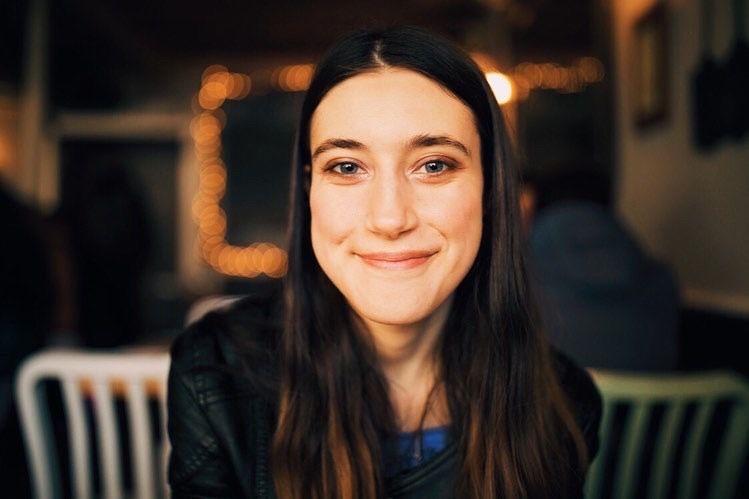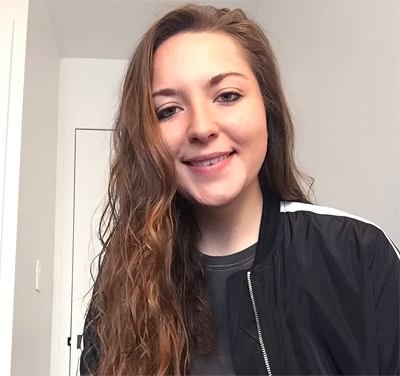If you've been following our Live365 History of Radio series, you know we post brief history lessons about radio's early emergence and growth. Today, we're flipping up our usual routine and diving into the history of a different medium: podcasting.
Yes, we know - podcasting is still a young medium thanks to its reliance on the internet. Podcasting has technically only been around for about 20 years, give or take. But despite its short prevalence in the history of all things audio, we still think its birth and rising popularity is an interesting story. In fact, it's a story that's currently still being written.
We present to you: a brief history of podcasting. You'll learn about the medium's creation by a software nerd and a former MTV employee, podcasting's early days, how it got its unique name, and how Steve Jobs, the Grateful Dead, and Ricky Gervais all contributed to its rapid growth.
The Godfathers of Podcasting
The true godfathers of podcasting are credited as Dave Winer and Adam Curry. Curry is a former MTV video jockey, while Winer is a software developer, RSS evangelist, and developer of Userland. Today, Winer produces the podcasts Morning Coffee Notes and Trade Secrets, while Curry produces Daily Source Code. Who exactly did what in podcasting history is up for debate, but ultimately, these two dudes got the ball rolling.
Podcasting started before the term was even coined, with an idea from a meeting in 2000 between Adam and Dave. The duo were talking about automated media distribution, and the conversation centered around video rather than audio. Dave was against the idea of a subscription-based system for video downloads.
At the time, it was 2000, so Dave felt the internet simply didn't have the capability to support large video downloads yet. He felt it was taking longer to download video than it was to play it, and usually the video quality was poor.
Adam’s solution was to look at internet connections differently and to consider all of the bandwidth that goes to waste when you are not using your internet connection. He wanted a software solution that would automatically download items he subscribed to. It wasn’t a new idea at the time, but nothing had been optimally developed.
Therefore, Dave worked on Real Simple Syndication (RSS), which is a web feed that allows users and applications to access updates to websites in a standardized, computer-readable format. RSS feeds are now the foundation which podcasting is built upon.
Dave eventually formalized RSS 2.0 in 2003. In the meantime, he wanted to come up with a format to deliver content via a subscription system. RSS only worked with text, but with Curry's help, the pair figured out a solution to include larger file types. By early 2001, Winer discovered how to aggregate MP3 files into RSS. On January 11, 2001, Winer posted on his Scripting News weblog to show he had been able to include an MP3 track. His chosen track was “Truckin” by The Grateful Dead. Despite the file just being a song, it is technically considered the first published podcast.
More progress came slowly until the summer of 2004, when Winer developed the first rudimentary podcatcher application with Apple Scripts. Although simple, Apple Scripts sparked the development of podcasting, which is now a popular form of media today. Additionally, the pair coded a program known as iPodder, which enabled them to download internet radio broadcasts to their iPods. This would now allow podcast creators to support hundreds of layman listeners.
How Podcasting Got Its Name
The word "podcasting" has a rich history in itself. It all started with a newspaper article.
Ben Hammersley of The Guardian was tasked with writing a piece about the potential for a boom in amateur radio back in 2004. Before the official term came about, podcasting was simply known as audio blogging. But the term didn't have a ring to it - it was just a general blanket term for the act of recording and editing audio.
In his article, called "Audible revolution," Hammersley argued all the ingredients were there for an at-home audio boom: blogging, affordable production software, and MP3 players. But what to call the new medium of talk show? Hammersley wrote...
“Audioblogging? Podcasting? GuerillaMedia?”
Coincidentally, the second name stuck with readers. By 2005, audio blogging had officially been rebranded as podcasting. That year, Todd Cochrane released the book Podcasting: Do-It-Yourself Guide, several audio shows included the words "pod" or "cast" into their titles, Apple iTunes 4.9 released native support for podcasts (thus cementing the "pod" part of the word with iPods), and by December, the full word was added to the New Oxford American Dictionary.
Not everyone was pleased by the new word. Microsoft had Windows Media Player that allowed for podcast playing, and it was actually quite popular back in the day. But the iPod used a media format that rivaled Microsoft's player. Because of Hammersley's term and its attachment to the iPod, Microsoft employees had a hard time accepting it. Microsoft tried to subtly slip the term “blogcast” into the mainstream, but it failed.
The Steady Growth of Podcasts
By early 2005, new media creators jumped into the lucrative prospect that was podcasting. A number of podcast directories emerged to support all of the shiny new podcasts being created. Popular directories included PodcastAlley, PodcastPickle, Blubrry, and even a podcasting website by Yahoo!
The first podcast network is considered to be techpodcasts.com, which appeared in January of 2005. Today, it is the property of RawVoice. Other networks such as The Podcast Network began to emerge. Some of the networks were more topic-focused, while others carried a wide variety of content.
Things boomed for the podcasting industry during a keynote speech in 2006, when Steve Jobs demonstrated how to make a podcast using Apple's GarageBand. For the crowd, he recorded an episode of his example show, "Super Secret Apple Rumors." You can watch his demonstration below.
Steve's presentation was a sign to all competitors that the medium of podcasting was to be taken seriously. The popularity of podcasts was on the up and up. Ricky Gervais set a Guinness World Record for the most downloaded podcast. A new event for podcasters popped up called the Podcast Awards.
And the rest, as they say, is history. You probably know how successful podcasting has been from there. You've probably already lived through crucial podcasting history yourself. As of December 2021, it's estimated there are over 2 million podcasts on the internet. That's a lot of listening.
We hope you enjoyed this brief history of podcasting. If you're eager to learn more, check out our previous podcasting history article "5 Crazy Fun Facts About Podcasts." Until next time...Happy podcasting!
Sources:
- A Brief History of Podcasting - OneFinePlay
- History of podcasting - Blubrry
- Podcasting Historical Timeline and Milestones - International Podcast Day
- 2021 Podcast Stats & Facts - Podcast Insights
Interested in podcasting with Live365? Join our waitlist to be the first to be notified when podcasting is available on the Live365 platform.
Discover thousands of free stations from every genre of music and talk at Live365.com. Keep up with the latest news by following us on Facebook (Live365 (Official) and Live365 Broadcasting) and Twitter (@Live365 and @Broadcast365)!
Article Image: Photo of a cardioid microphone against a pink, orange, and yellow background. (edwardolive via DepositPhotos.)


